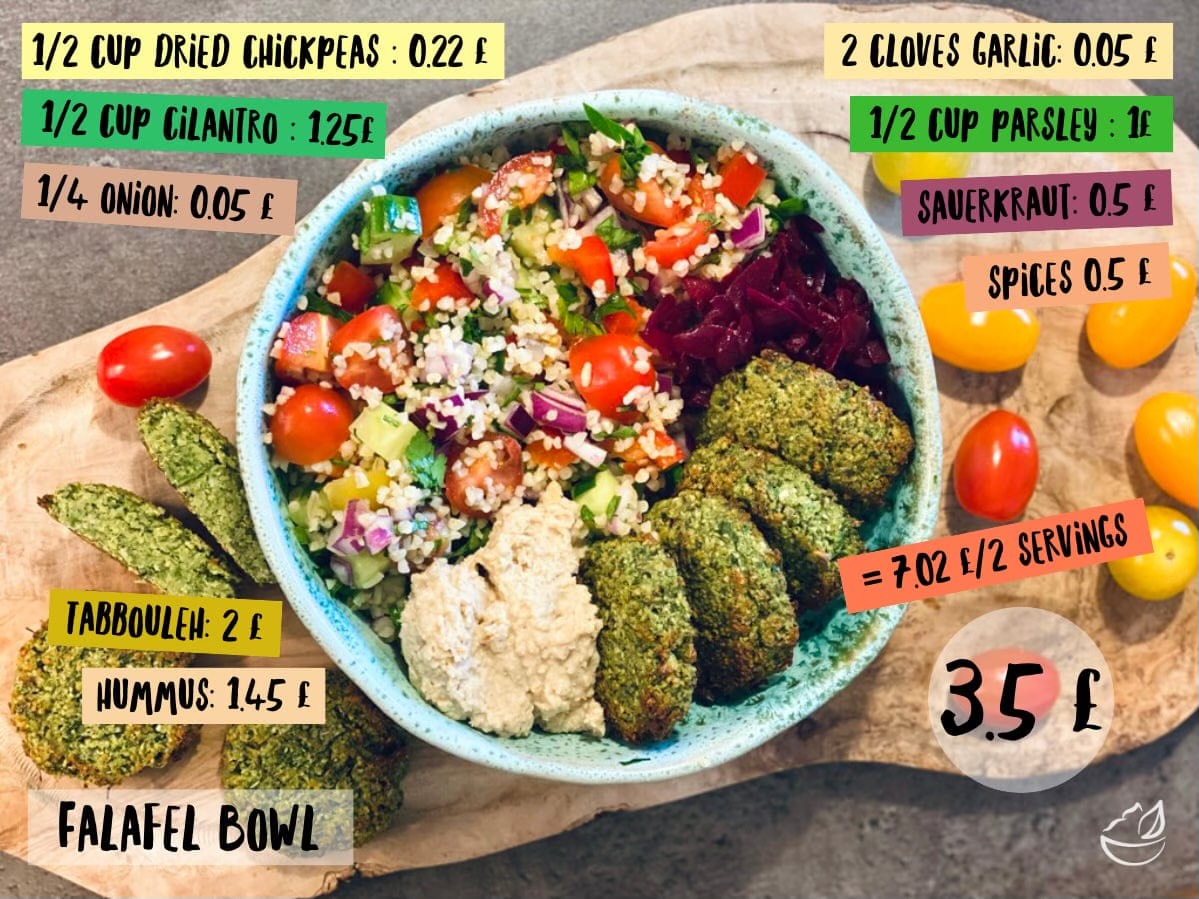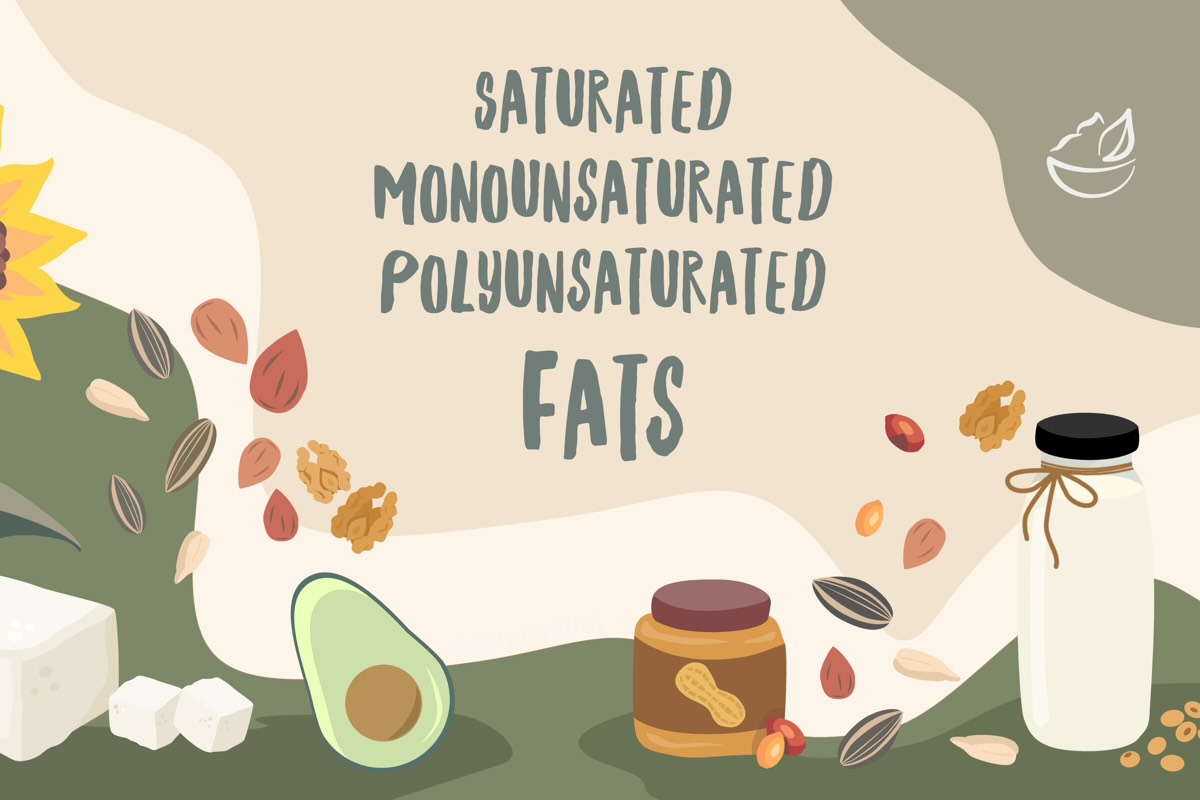When You Eat Matters!! You might want to take a good look at WHEN you wish to chow down next time! Wish to know why?
Why does the “WHEN” behind your eating matter?
When You Eat Matters, because your eating schedule influences your body in surprising ways — this is also known as Chrono nutrition.
Your cells are always under the influence of a biological clock which gets tuned by cues such as food and light, thereby affecting the way the body processes. Your body temperature, blood pressure, heart rate, metabolism, hormone levels, and other processes in the body go through fluctuations throughout the day, aka circadian rhythms [1].
Syncing meals with these rhythms prove to be beneficial. On the other hand, eating erratically and following a bad schedule that puts you at a higher risk of gaining weight, getting cardiovascular diseases, and type 2 diabetes.[2]
A study [3] suggests that consuming your meals in a 10-12 hour window close to the rise and fall of the sun, precisely 8 am to 8 pm or 9 am to 7 pm, can do wonders for your body. In the daylight, your insulin sensitivity increases, and melatonin levels decrease. As a result, a good healthy and consistent breakfast helps you feel alert and invigorated. It is suggested to not eat for a few hours before you sleep as the melatonin levels rise in the evening which stores the energy in the food as body fat [4].
Also Read: Mindful Eating - The Art of Conscious Eating
Breakfast — the Most Important Meal of the Day. Is it True?
While many say that Breakfast should not be skipped for weight loss, many studies and trials together suggest that people who skip breakfast tend to consume fewer calories overall. This has proven to be a straightforward strategy to reduce weight. But does it really work?
Does skipping breakfast help reduce weight?
Yes, it may lead to fewer calorie consumption but it does not work. An experiment conducted for breakfast eaters and skippers found out that despite the eaters consuming more overall calories each day, both groups ended up with the same change in body fat after six weeks [5].
This thereby points in the direction that morning calories don’t count as much as evening calories [6] and it’s more about when you eat rather than what you eat.
Skipping breakfast, however, has a nutritional downside to it. Breakfast is usually a good time slot and opportunity to consume whole grains [7], which plays a role in lowering your chances of getting cardiovascular diseases and dying from cancer [8]. A Harvard study found that those consuming whole grain cereals tend to live longer presumably due to a high fiber intake [9].
Why morning calories don’t count as much as evening calories?
You need to understand that a calorie is more than just a calorie. The same meal consumed during different times of the day gives off varying net calories to your body. This is because more calories are used up by the body in the morning to process the meal as compared to processing it later in the day. This is why ‘When You Eat Matters’
Here’s how that works:
In the morning, our bodies bulk up our muscles with glycogen, which is the major energy store we need to fuel our muscles. This necessitates the investment of more calories. Similarly, our bodies anticipate sleeping for the majority of the next twelve hours in the evening, so, instead of storing blood sugar as extra glycogen in our muscles, the body preferentially later uses it as an energy source, which results in us burning less body fat.
To put it simply, shifting the bulk of your calorie intake in the morning can prove to be a great idea. It’s surely going to help you with weight loss and blood sugar control.
How does your food timing affect your blood sugar level?
Our body’s glucose tolerance to keep blood sugars under control decreases as the day progresses. Every minute, the same quantity of sugar enters your system, but your ability to handle it deteriorates in the evening.
Therefore, skipping breakfast not only does not result in weight loss, but it also affects total daily blood sugar control in diabetic and nondiabetic people. Those who skip breakfast tend to have a higher risk of getting type 2 diabetes [10].
Therefore, to control your blood sugar, you should eat low glycemic foods and if you can’t resist, it is more advisable to have it in the morning than at night.
Final Thoughts: When You Eat Matters
When You Eat Matters!! Eating in accordance with your circadian rhythms is essential. Eating while tuning with your body’s internal clock — improves your overall health naturally. You’re getting fuel when you need it and giving your body time to rest when it’s needed.
Want to feel healthy while you eat?
Here’s a quick tip for that: Eating in sync with your circadian rhythm is simpler than it sounds. Just make sure you don’t skip the main meals of the day. Jumpstart your day with a hearty breakfast, stay consistent with your lunch, eating at similar times and avoid nighttime eating.
Looking for Budget-Friendly Vegan Meals, get out App Plantiful now!!

Sources
Book 1
Hill, Simon. The Proof is in the Plants: How science shows a plant-based diet could save your life (and the planet). Penguin Random House Australia, 2021.
[1] Hill, S., 2021. The proof is in the plants. New York, p.311.
[2] When to Eat: The Importance of Eating Patterns in Health and Disease
[3] When to Eat: The Importance of Eating Patterns in Health and Disease
[4] When to Eat: The Importance of Eating Patterns in Health and Disease
Book 2
Greger, Michael. How Not to Diet: The Groundbreaking Science of Healthy, Permanent Weight Loss. Flatiron Books, 2019.
[5] Betts JA, Richardson JD, Chowdhury EA, Holman GD, Tsintzas K, Thompson D. The causal role of breakfast in energy balance and health: a randomized controlled trial in lean adults. AmJ Clin Nutr. 2014;100(2):539–47.
[6] Hirsh E, Halberg E, Halberg F, et al. Body weight change during 1 week on a single daily 2000-calorie meal consumed as breakfast (B) or dinner (D). Chronobiologia. 1975;2(Suppl1):31–2.
[7] Kant AK, Graubard BI. Within-person comparison of eating behaviors, time of eating, and dietary intake on days with and without breakfast: NHANES 2005–2010. Am J Clin Nutr. 2015;102(3):661–70.
[8] Aune D, Keum N, Giovannucci E, et al. Whole grain consumption and risk of cardiovascular disease, cancer, and all cause and cause specific mortality: systematic review and dose-response meta-analysis of prospective studies. BMJ. 2016;353:i2716.
[9]Xu M, Huang T, Lee AW, Qi L, Cho S. Ready-to-eat cereal consumption with total and cause-specific mortality: prospective analysis of 367,442 individuals. J Am Coll Nutr.2016;35(3):217–23.
[10] Bi H, Gan Y, Yang C, Chen Y, Tong X, Lu Z. Breakfast skipping and the risk of type 2 diabetes: a meta-analysis of observational studies. Public Health Nutr. 2015;18(16):3013–9.




